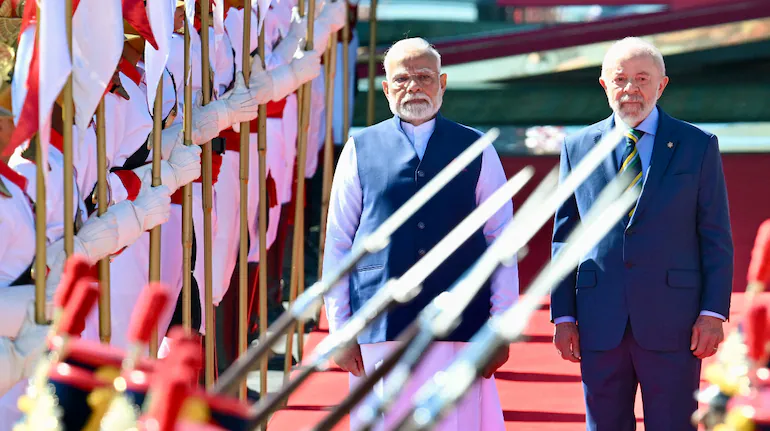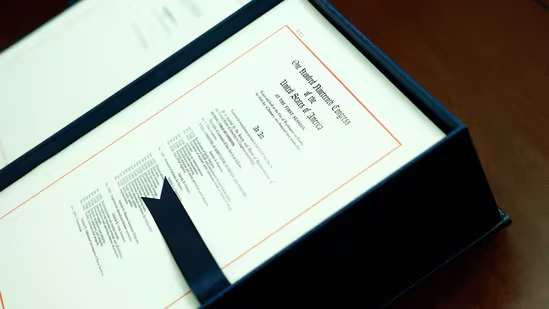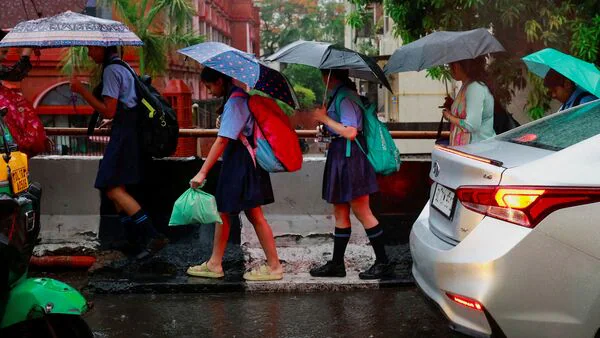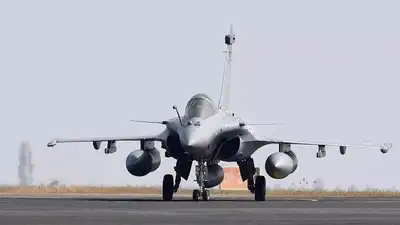Have you ever felt like the world’s news is a giant, complicated puzzle? Well, sometimes, it truly is. We often hear about conflicts and warnings that seem far away, in Europe or other distant lands. But what if a major warning from a powerful organization like NATO wasn’t just for Europe, but also for countries as diverse and distant as India, China, and Brazil? That’s exactly what’s been happening, and it’s a topic worth exploring because its ripple effects could touch us all.
A Global Alarm Bell: NATO’s Big Warning
Recently, Jens Stoltenberg, the chief of NATO – that’s the North Atlantic Treaty Organization, a big group of countries focused on security – raised a serious concern. He pointed out that while the war in Ukraine continues, Russia has managed to keep its “war economy” going strong. And a significant part of how they’re doing this, he argues, is with help from countries outside the NATO alliance. The message is clear: if you’re helping Russia, directly or indirectly, there could be consequences.
Now, when we hear “help,” it’s not always about weapons or soldiers. In this context, it’s often about economic and political support. Things like buying oil, trading goods, or simply not joining international sanctions can provide a vital lifeline to an economy under strain. And that’s where countries like India, China, and Brazil come into the picture, because of their significant economic ties and diplomatic positions with Russia.
Why These Three: India, China, and Brazil?
It might seem puzzling. Why these specific nations? Well, India, China, and Brazil are not just any countries. They are economic giants, emerging powers, and key members of groups like BRICS (Brazil, Russia, India, China, South Africa). They represent a substantial portion of the world’s population and economy, and their actions on the global stage carry immense weight.
NATO’s concern stems from the idea that while Western nations have imposed sanctions on Russia to cripple its ability to finance the war, strong economic ties with these major global players could inadvertently undermine those efforts. It’s like trying to plug a leaky dam, but some big holes are still letting water through.
India’s Careful Balancing Act
Let’s talk about India first. India has a long-standing relationship with Russia, rooted in historical defence ties and a significant reliance on Russian military equipment. When the conflict in Ukraine began, India adopted a nuanced, or “neutral,” stance. This means they haven’t openly condemned Russia, nor have they joined the Western sanctions. Instead, India has consistently called for dialogue and a peaceful resolution to the conflict.
Economically, India has actually increased its oil imports from Russia, taking advantage of discounted prices as Western buyers pulled back. This move, while beneficial for India’s energy security and economy, is seen by some as providing economic oxygen to Russia. India maintains that its foreign policy is guided by its own strategic autonomy and national interests, not by pressure from any bloc. It’s a complex tightrope walk, balancing historical friendships with new geopolitical realities.
China’s Deepening Alliance
Next, China. Beijing’s relationship with Moscow has only grown stronger since the Ukraine war began. China and Russia have declared a “no limits” partnership, which has translated into increased trade, energy deals, and political cooperation. While China hasn’t provided direct military aid to Russia (at least not openly confirmed), its economic and political backing is considered crucial by NATO.
For instance, China has become a major buyer of Russian energy exports, which helps Russia offset the impact of Western sanctions. This economic lifeline, combined with China’s political support on international forums, is seen as directly enabling Russia’s war effort. NATO views this deepening alliance as a significant challenge, not just for the Ukraine conflict, but for global stability in the long run.
Brazil’s Call for Diplomacy
And then there’s Brazil. While not as closely tied to Russia as China or historically as India, Brazil’s stance has also drawn attention. Brazil has generally been critical of the sanctions approach, advocating strongly for diplomatic solutions and negotiations to end the conflict.
Brazil’s position reflects a broader sentiment among some non-Western countries that sanctions often hurt ordinary people and can complicate peace efforts. While not actively supporting Russia’s war, Brazil’s reluctance to join the global consensus on isolating Russia adds to the challenge faced by Western nations aiming to put pressure on Moscow.
The Broader Stakes: Why This Warning Matters to Everyone
So, why is NATO sounding this alarm so loudly, and why should we care? The core of NATO’s warning is this: if Russia is allowed to succeed in Ukraine, it could send a dangerous message to other authoritarian regimes around the world. It could be seen as a green light for aggressive actions, potentially leading to a more unstable and dangerous world.
The argument is that the conflict in Ukraine isn’t just a regional European issue; it’s a test case for the international rules-based order. If major powers like India, China, and Brazil continue to maintain strong economic ties with Russia, it makes it harder to achieve a resolution that upholds international law and prevents future conflicts. It’s a reminder that in our interconnected world, actions taken far away can have profound, global consequences on everything from trade routes to energy prices and even the stability of democratic institutions.
Navigating a Complex Global Chessboard
For India, China, and Brazil, navigating this complex situation is no easy task. They each have their own national interests, historical legacies, and strategic calculations to consider. Balancing these factors with increasing pressure from Western powers is a delicate dance.
The warning from NATO isn’t just a casual remark; it reflects growing frustration and a desire to see a more unified global response to the conflict. It also highlights the strategic choices these nations face. Will they continue their current trajectories, risking potential diplomatic strain or even secondary economic measures? Or will they adapt their positions in response to the evolving global landscape? The answers will shape not just their own futures, but potentially the very fabric of international relations for years to come.
What Comes Next?
Ultimately, the situation underscores how deeply interconnected our world has become. A conflict in one region can send ripples across continents, influencing economic policies, diplomatic relations, and security strategies everywhere. The warning from NATO Chief Jens Stoltenberg is a reminder that in this complex global chessboard, every move has consequences, and the choices made by major players like India, China, and Brazil will undoubtedly play a significant role in determining the future direction of international affairs. It’s a story that continues to unfold, and one that deserves our close attention.









